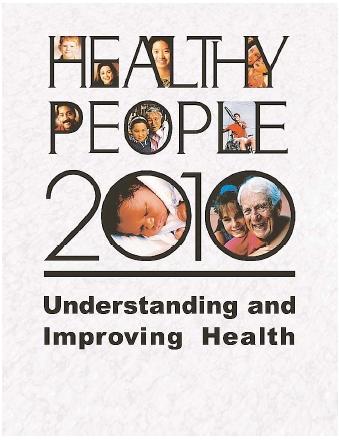
Hey guys, so I scheduled this bad boy to post yesterday because I had to work and I just realized it didn't work! (Jayme, I think you're going to have to show me what I did wrong;)
Another interesting fact, since I last wrote this blog I developed a irritation in my eye due to allergies and contact lenses...funny because my topic started out because I was interested in reducing reducing indoor allergies;) Anywho, let's get to business...
The bill that I chose was SF1746 “State air quality, hazardous waste and water quality standards analysis requirement,” which is about improving the state air quality by reducing all forms of pollution through the adoption of standards from the Pollution Control Agency. Pollutions concerning the air quality would place a limit to emissions of air contaminants from motor vehicles.
The bill also includes promoting solid waste disposal controls by encouraging the updating of collection systems, elimination of open dumps, and improvements in incinerator practices. In addition, to adopt standards for the control of the collection, transportation, storage, processing, and disposal of solid waste and sewage sludge for the prevention and abatement of water, air, and land pollution.
Another aspect of pollution they address is a maximum level of noise in terms of sound pressure level, which may occur, in the outdoor atmosphere.
Lastly, to adopt standards he identification of hazardous waste and for the management, identification, labeling, classification, storage, collection, transportation, processing, and disposal of hazardous waste. However, by recognizing that due to variable factors, no single standard of control is applicable to all areas of the state but that overall there is work to be done.
Who is affected by the issue?
I feel that everyone would be affected by this issue but mostly in a positive way. What could be so bad about reducing pollution? It is hard to think of loses but companies who have to change their protocol to reduce the amount of pollution admitted would be a lose, initially. I feel that people of all ages could benefit from improved air quality, reduced amounts of solid wastes, and reduced amounts of noise pollution.
What are the consequences of the issue?
Again, the consequences following this bill would be the cost of the changes that need to be made to reduce the amount of pollution. I think everyone would be affected equally, because if the waste management companies have to pay more to be more eco-friendly then they’ll raise their prices. Also, to reduce the amount of automobile admissions, individuals might decide to purchase a new vehicle to help improve the quality of air, which may be a difficult decision considering the economy these days.
What is the economic impact of the issue? What is the social impact of the issue?
The economic costs of the issue would be the how much it would cost to change everything. Because by passing this bill it might make things more expensive for tax payers as well as the government. Initially it could be a lot but in the end it would cut back on pollution overall and produce a better place to live for everyone. Cleaner air, water and land could help reduce the costs of health insurance later on in life. The social impact will be similar to that of the economic impact. I just feel this will be an overall great improvement all around, due to less pollution I feel that everyone will benefit on some level.
What are the barriers?
Change. Nobody likes change. So getting something to go from an idea to a law and have everyone support it or at least abide by it is not easy. But this can be overcome be introducing the situation and promoting the lifelong benefits of taking action. Just by keeping people focused on the prize is key to any big goal/commitment.
What are the resources?
The main resources needed to make this happen are people to support the idea of reducing pollution all together. Money is also an important resource needed for implementation and enforcement of this bill. Government support would also be beneficial for the people of Minnesota to see that the government feels it is important.
What is the history of this issue?
I discovered that there were some toxic pollution prevention plans in the early 1900’s but other than that I didn’t find much about reducing pollution in the past. I had a hard time finding the history of this issue so if anyone find more about this topic, please fill me in! Thanks=)
Allies & Opponents
I feel that depending on where the cost lie for this issue is where you’ll find supporters and opposers. I’m sure if you asked someone in your town if they’d like to have cleaner air and water they’d agree. But given the same situation, if that person knew they were going to see an increase in taxes because of the bill being passed, they might have a different opinion. (It’s all about the money, it’s all about the dum dum dility dum dum)
Your Recommendation
After reviewing this bill, I feel that policy-makers should vote YES on this proposed policy! Because in the end, the benefits will outweigh the costs.
 6789 Veggie Lane
6789 Veggie Lane































